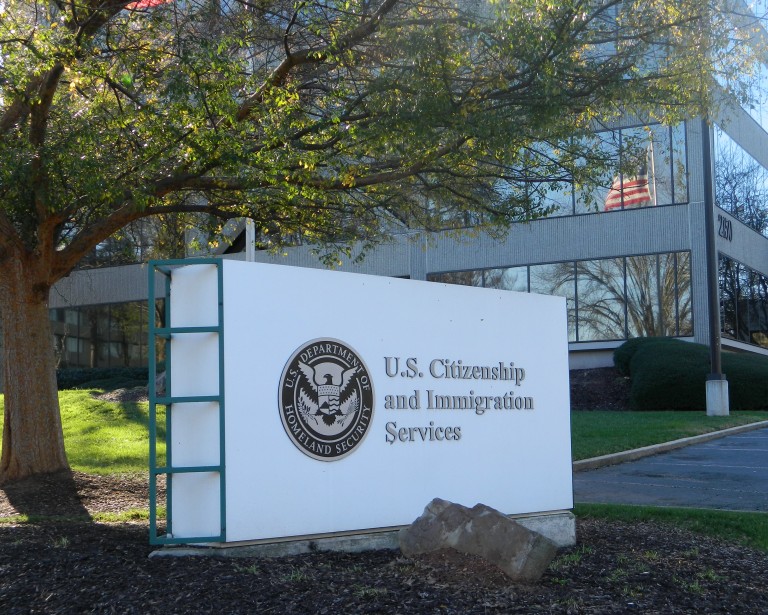In April 2017, President Trump issued an immigration-related executive order that has garnered significantly less attention than the “Travel Ban” order directed at restricting immigration from majority Muslim countries. However, the “Buy American and Hire American” executive order (also called “BAHA”) has notably impacted the legal immigration system. The stated objective of the BAHA order is to promote economic security and growth by protecting US manufacturers and workers. The executive order calls for reforms to the immigration laws to prevent fraud and abuse and ensure protection of the best interests of US workers. In particular, it mentions reforms to the H-1B program, so as to give preference to the most skilled and highest paid workers. USCIS started implementing the order through a number of policy memos and operational changes to further promote the administration’s agenda.
Not surprisingly, by the end of FY2017 employers, immigrants and attorneys noted a sharp increase in H-1B denials. The denial rate for H-1B petitions reached 22.4% in the 4th quarter of FY2017 compared to 15.9% in the 3rd quarter. Stakeholders saw a marked increase in the number of “Requests for Evidence” (RFEs) issued in connection with H-1B petitions as well. The number of RFEs rose to 69% in the 4th quarter of FY2017 compared to 23% in the 3rd quarter (see NFAP Policy Brief on H-1B denials and RFE increase under the Trump administration).
Other changes impacting processing include a new USCIS policy that came into effect in September 2018, which allows adjudicators to deny applications without first issuing RFE or Notice of Intent do Deny, as well as a policy memo of July 2018, which could result in H-1B applicants with denied petitions being placed into removal (deportation) proceedings instead of being allowed to depart the US without the risk of a possible bar on re-entry in the future.
The immigration climate has become hostile even to highly-skilled and highly-educated foreign professionals. More and more immigration attorneys now find themselves encouraging their clients to challenge H-1B denials in federal court. Most of these H-1B lawsuits challenge USCIS’ determination that a particular position does not meet the definition of “specialty occupation”. Particular areas of challenge may include situations where USCIS dismisses as “generic” a job description that describes the complexity of the position in great detail; cases where USCIS says the job is not a specialty occupation because the employer will accept a range of closely-related degrees rather than a sole academic discipline; or denials reasoning that an entry-level wage (Level 1) is at odds with a specialty occupation.
It appears that, overall, attorneys are experiencing success with federal lawsuits – many report that USCIS is reopening and approving petitions rather than continuing with litigation in federal court. However, when it comes to federal court litigation, it is never safe to assume the government will cave. Attorneys should be prepared to fully litigate the denial in federal court, and demonstrate how the denial constitutes agency action which is arbitrary, capricious, and contrary to law. In this regard, having a strong administrative record – one that thoroughly establishes each element required for H-1B classification with objective and credible evidence – is key.

